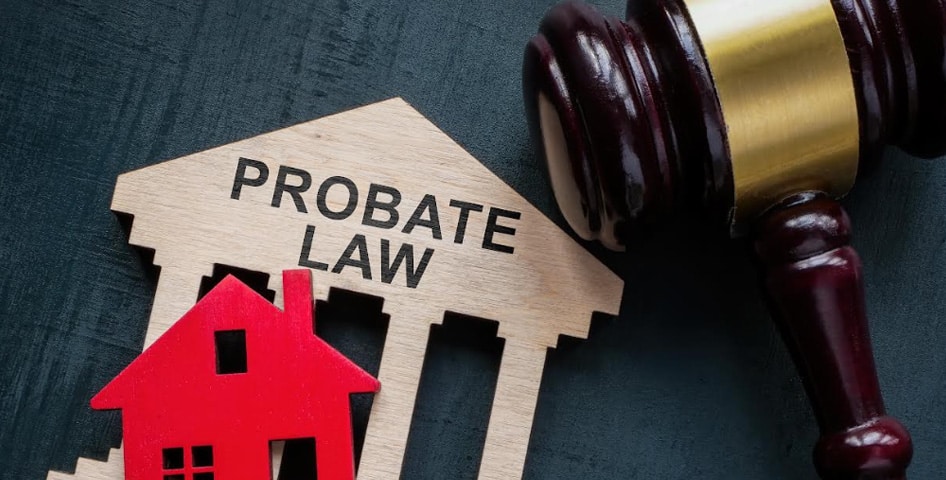Losing a loved one is never easy, and handling their estate can be overwhelming. If you’ve been named as an executor in their will, you have the responsibility of managing their assets, paying off debts, and ensuring their estate is distributed according to their wishes. One key question you may face is: Do you need a Grant of Probate to administer the estate?
What Is a Grant of Probate?
A Grant of Probate is a legal document issued by the Supreme Court of Queensland, confirming that the deceased’s will is valid and that the named executor has the authority to manage their estate.
Is a Grant of Probate Always Required?
Not always. Whether you need a Grant of Probate depends on the types of assets in the estate and their value.
When a Grant of Probate Is NOT Required
- Jointly Owned Assets: If assets are jointly owned—such as a family home or joint bank account—these do not form part of the estate. Instead, they transfer directly to the surviving joint owner under the right of survivorship. For example, if a husband and wife own a home together as joint tenants, it will automatically pass to the surviving spouse without needing probate.
- Certain Bank Accounts: Some banks allow small balances to be released without probate. While many banks set a threshold at $50,000, some require probate for balances as low as $15,000.
- Land Transfers in Queensland: Unlike New South Wales, Queensland allows land to be transferred without probate in some cases.
When a Grant of Probate Is Required
- Solely Owned Assets: If the deceased owned property, investments, or other assets in their sole name, probate may be required.
- Refundable Aged Care Deposits: If the deceased lived in a nursing home or retirement village, probate is often needed to release Refundable Accommodation Deposits (RADs) or Exit Entitlements.
- Superannuation and Death Benefits: Some superannuation funds require probate before releasing funds to the estate.
- Dealing with the ATO: It is now almost impossible to finalise the deceased’s and the estate’s tax affairs without a grant of probate.
Why Obtain a Grant of Probate?
Even if probate is not strictly necessary, there are benefits to obtaining it:
✅ Protects the Executor from Personal Liability: A Grant of Probate provides legal confirmation of the executor’s authority. This protects them if issues arise, such as a family provision claim or a later-discovered will.
✅ Ensures Access to All Assets: Many institutions require probate before releasing assets. Without it, you may face difficulties collecting or transferring estate assets.
✅ Simplifies Tax Affairs: The Australian Taxation Office (ATO) fully recognises an executor’s authority only if they have probate. Executors can be personally liable for any outstanding tax liabilities if they distribute the estate without paying any tax owed to the ATO.
Downsides of Obtaining Probate
Costs: Probate applications involve legal fees, court filing fees, and the cost of publishing a probate notice in the Queensland Law Reporter. However, these expenses can be covered by the estate rather than the executor personally.
Time Delays: The Supreme Court of Queensland can take 4 to 8 weeks to issue probate, depending on its workload.
Should You Apply for Probate?
Whether you need or should obtain a Grant of Probate depends on the complexity of the estate. To avoid unnecessary risks and legal complications, it’s best to seek professional advice.
Our award-winning Wills and Estates team at Robbins Watson Solicitors can guide you through the probate process and estate administration.
Contact us today on 07 5576 9999 to schedule a free initial consultation with an experienced wills and estates solicitor.
Alternatively, you can get started online now by clicking here
